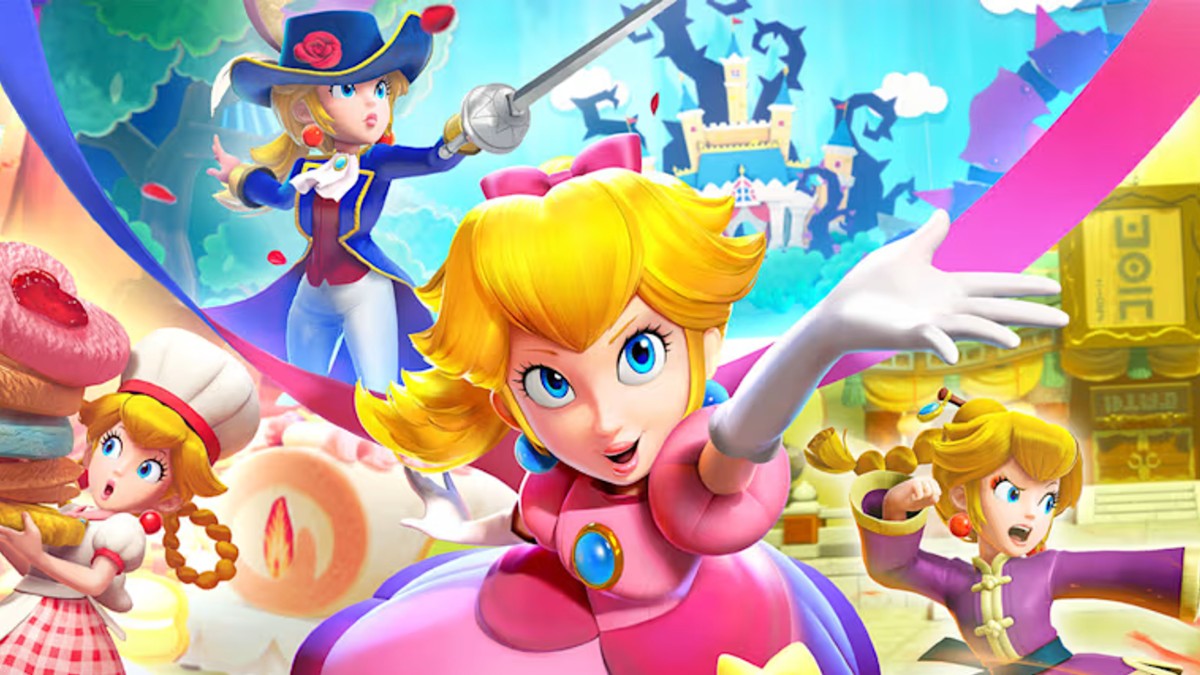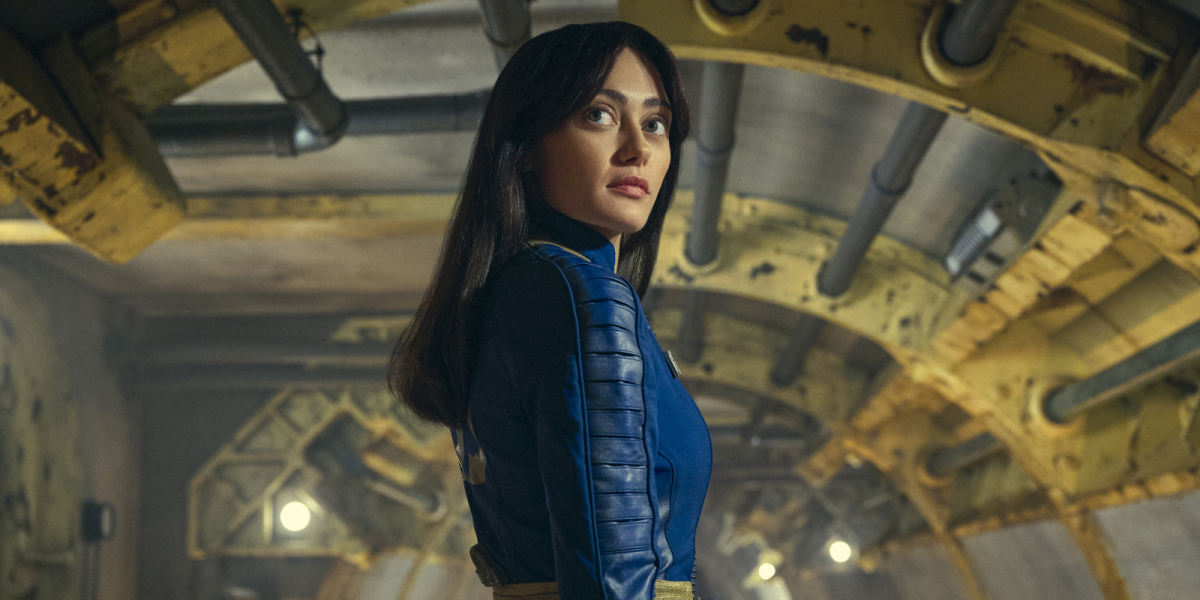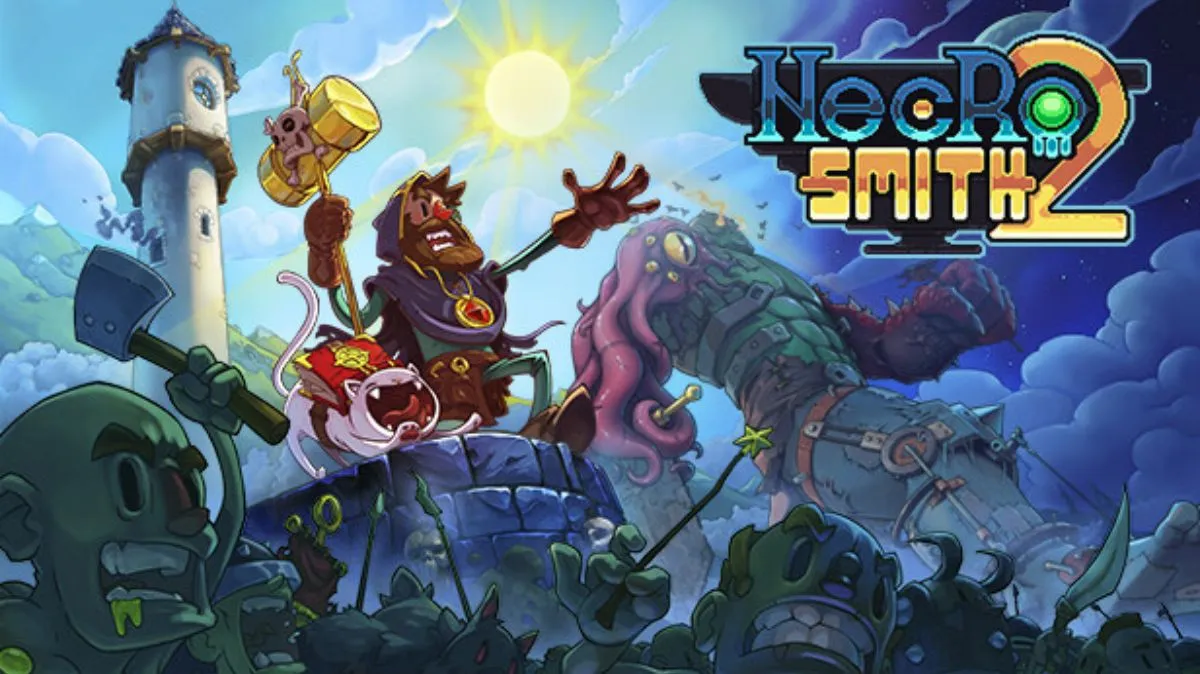Halo is the kind of juggernaut that every design team both hopes for and fears – a series so successful and well-known that it can easily overshadow anything else you ever do. Bungie had successful games before Halo of course, but the adventures of Master Chief are what they’re known for, and if all they did with their next project was make another super-polished shooter – a new Halo in everything but name – it’s a virtual certainty that it would also be a huge success. That would’ve been the safe thing to do, the expected thing. “Safe” and “expected” aren’t words that Destiny‘s creators use when talking about Bungie’s next big project, though. They use words like “ambitious” and “innovative.” The word “crazy” also tends to come up rather a lot.
Relax, Bungie isn’t completely nuts. The team is very much aware of where its strengths lie, and Destiny is, at its heart, a first person shooter. Specifically, it’s a console shooter for the Xbox 360 and the PS3. Even more specifically, according to Project Director Jason Jones, “Destiny‘s gonna be the best shooter you’ve ever played.” But Bungie is also looking to step out of the shadow cast by their creation and shake up the very genre they helped define.
“Crazy” is just one of the words Bungie uses when describing Destiny‘s development ethos. After getting our first glimpse at the new world the company is creating, we learned some of the others.
“Stories”
This might be the word that comes up most when Bungie talks about its next big shooter. Destiny isn’t just a game, says Bungie. It’s a world. It’s “mythic science fiction,” says art director Christopher Barrett, “a futuristic world with a lot of history, a place where the most fantastic things can happen.”
Once upon a time, our civilization spanned the solar system, but “something hit us, knocked us down and tried to stamp us out.” Fortunately for humanity, a mysterious sphere known as The Traveler sacrificed itself on our behalf. It still hangs low over the Earth, where it made its last stand, and we have come together to build a city beneath it. We’ve started to venture back out into the solar system, only to discover that we’re not alone. And our neighbors aren’t friendly.
That’s where you come in. You’re a Guardian of the city, able to wield some of The Traveler’s power (you can go ahead and call it magic if you like). If you can find a way to save the city from the strange and deadly creatures that are bent on killing us, you’ll become a legend. If you fail, “the last light of civilization will go out.” So, you know. No pressure.
Says Staten, “We think of Destiny‘s story like a series of books. Each one has got a strong narrative spine. They’re adventure tales with real weight and depth. They each have a common setting, and that setting of Destiny is our solar system, places we know, Earth, the Moon, Mars.” But unlike Halo and its dashing Master Chief, the hero of Destiny‘s stories is you. Your experience in Destiny is meant to feel utterly distinct from everyone else’s as you grow your character over time, customizing your gear, your abilities and weapons.
“Shared”
Bungie would like to make something very clear: Yes, you’ll be playing with other people, and yes, it’s a persistent world, but Destiny is not an MMO. It won’t have a subscription fee, and the need for a constant internet connection is to facilitate the shared nature of the game, something the creators are extremely excited about. “Everything that’s fun to do is more fun if you’re doing it with your friends. Everything that’s fun to do is more fun to do when people are around you,” says Jones. Bungie wants you to imagine playing a game you thought was a campaign shooter, and then realizing other people were playing with you. Wouldn’t that be amazing? Some of us play games specifically to avoid dealing with other people, but it’s clear that Bungie truly believes these shared experiences will make you rethink your isolated ways. Jones says that playing solo is a “totally valid” way to experience Destiny, but from his tone – and that of Bungie COO Pete Parsons when he makes the same observation – it seems clear that solo isn’t the way Bungie really wants you to play.
Bungie is putting a lot of work into wooing us out of our solitary tendencies, spending the last six years completely rebuilding most of their game technology. You’re more likely to join other players if teaming up is as easy as possible, and waiting around in lobbies for matchmaking isn’t particularly conducive to furthering an excellent narrative. So all of that is behind the scenes in Destiny, explains Chris Butcher, engineering lead, completely invisible to the player. When you enter one of the game’s public spaces, “the game is matchmaking you with other players, just like in other games, but it happens all the time, seamlessly and totally invisibly. There’s no UI, there’s no loading screens, there’s nothing to take you out of the experience.” Basically, you’re walking around, doing your thing, and then suddenly someone else is there, doing their thing. Maybe it’s the same thing as you, maybe they want to team up, maybe they’re just passing through.
Joe Staten, Destiny‘s story lead, illustrates the idea by recounting an encounter he had during a playtest. He and his pal Jason had linked up to explore Mars and were fighting members of the Cabal (“think massive armored rhinos carrying slug throwers and driving big tanks”) outside a fortress called the Dust Palace (and losing) when another player came swooping in on a speeder bike and saved their butts. “Every time this happens, when you run into another player, another real person, it’s amazing. It just doesn’t happen in other shooters,” says Staten.
“Pillars”
How do you go about topping one of the most popular videogame franchises of all time? Where do you even start? Seven “pillars” (you’re all thinking “Of Autumn,” admit it) have guided Destiny‘s development since 2009. They’re the foundation upon which the game’s future will be built. That sounds pretty momentous, but some of the pillars are just common sense. The first is that the game world must be one that players want to be in. “People have a lot of choices in entertainment, they’re not going to waste their time with something they don’t like,” says Jones. The next pillar is “give players a bunch of fun things to do.” Again, not exactly a design revelation, but Jones doesn’t just mean providing a large amount of content. “We’ve been really deliberate in Destiny about creating a broad range of activities, cooperative to competitive, solo to group, from casual to intense. We think this is incredibly important. Not all players are the same, and the same player doesn’t always feel the same.”Another pillar of Destiny‘s design, to provide rewards that players actually care about, is what led to the game’s heavy emphasis on customization. “We have a lot of great things to find, to earn, to make in Destiny,” explains Jones. “Things that change the way you look, things that change the way you fight.” Phat lewt, in other words.
The “new experience every night” pillar isn’t about having fresh content every day, but rather about giving you so many different kinds of activities that you “get distracted after you [log] on from doing the thing you wanted to do and do something you didn’t expect.” The “shared with other people” pillar is probably the most expensive one in the bunch. To make this one work, Bungie made “a huge investment in network technology right out of the gate so every activity can be played cooperatively.” Not every activity can be played alone, however – some will specifically require you to team up.
Everything in Destiny, whether it’s a piece of code, a mechanic, or an environment, has to justify itself against those five pillars. If it violates one, it’s out. The last two pillars are “hammers” Bungie is using to simplify the game and make sure “we’re reaching out to as many people as we can.”
The first, as you might expect, is to make the game fun for any skill level. “We spent all this time building this great experience, why should we do anything less? So if you have the basic coordination to play a shooter, you can experience all Destiny has to offer,” says Jones. But making the game more accessible for newbs isn’t the hard part – doing that while keeping it fun for advanced players is. Jones isn’t really worried about that, though. “We’re going to succeed because we’re advanced players. We play our own game all the time, and we’d go crazy if it was anything less than fun. I’m sure we can handle this.”
The final pillar guiding Destiny‘s creation is that it must be “enjoyable by the tired, impatient and distracted.” People don’t really want to work all that hard for their fun, says Jones. “They don’t want to read, they don’t want to go to the internet to figure out our bullshit. They want to be entertained, they want to become heroes, they want to feel things they don’t feel in their everyday lives. So our core experience has to be delivered as simply and directly as possible.”
You may now begin voicing your concerns about Bungie “dumbing down” Destiny.
“Secret”
If you’ve made it this far, you undoubtedly have questions. How did The Traveler’s sacrifice save humanity? What will the pricing model be like? How does the competitive multiplayer work? If I play solo, will I be missing out on content? Does the story have an ending? Will there be voice chat or on-screen messaging? What kinds of activities will the game offer besides dungeons? Will this run on next gen systems? If I can own a spaceship, does that mean I actually get to fly it?
Well, you can just keep on wondering, because Bungie ain’t tellin’. All we saw of the actual game itself were a few character models and a bit of environment running in the game engine, and virtually every question that dug deeper than the broad outlines we’d been given was deftly brushed aside by the dev team. You kind of have to forgive them for playing things so close to the chest, though. A lot of resources – time, money, and people – are being thrown at Destiny, and Activision is banking on it transcending its genre “to truly become a part of popular culture.” This game is officially a Big Damn Deal, and a bit of caution is probably warranted. It’s clear that Bungie believes in Destiny. Their passion for it permeates even their non-answers about its specifics.
“I really believe that we have a chance to change the way people look at shooters again,” says Jones.
Who knows? Maybe he’s right.



